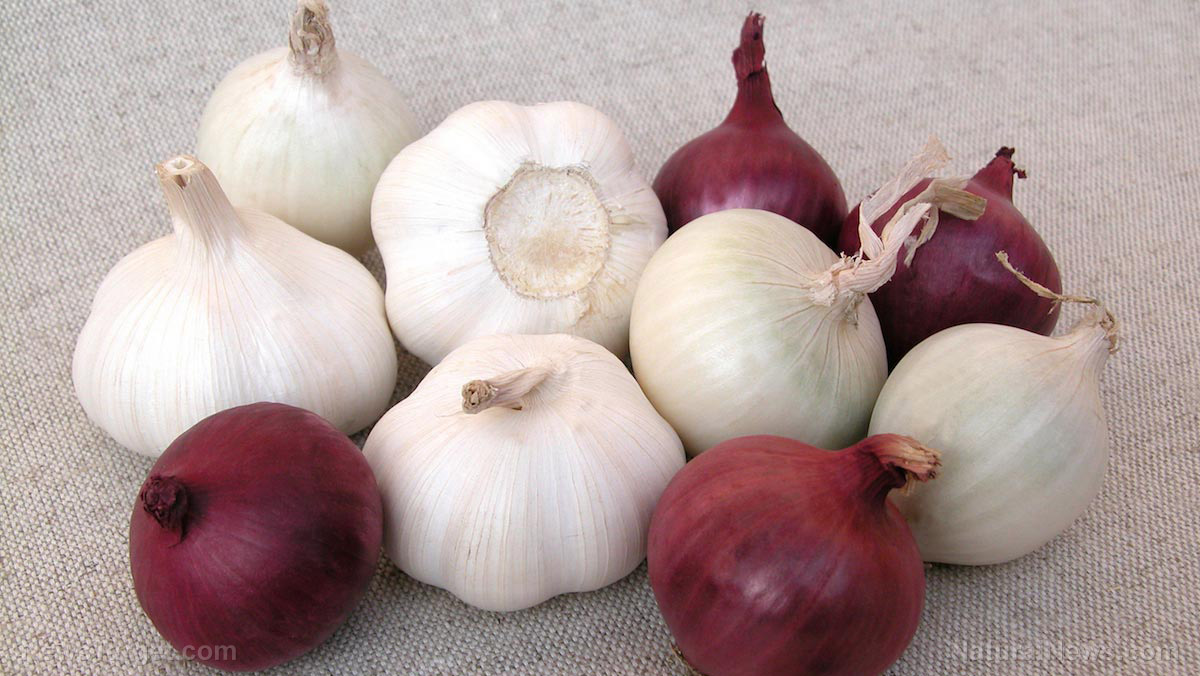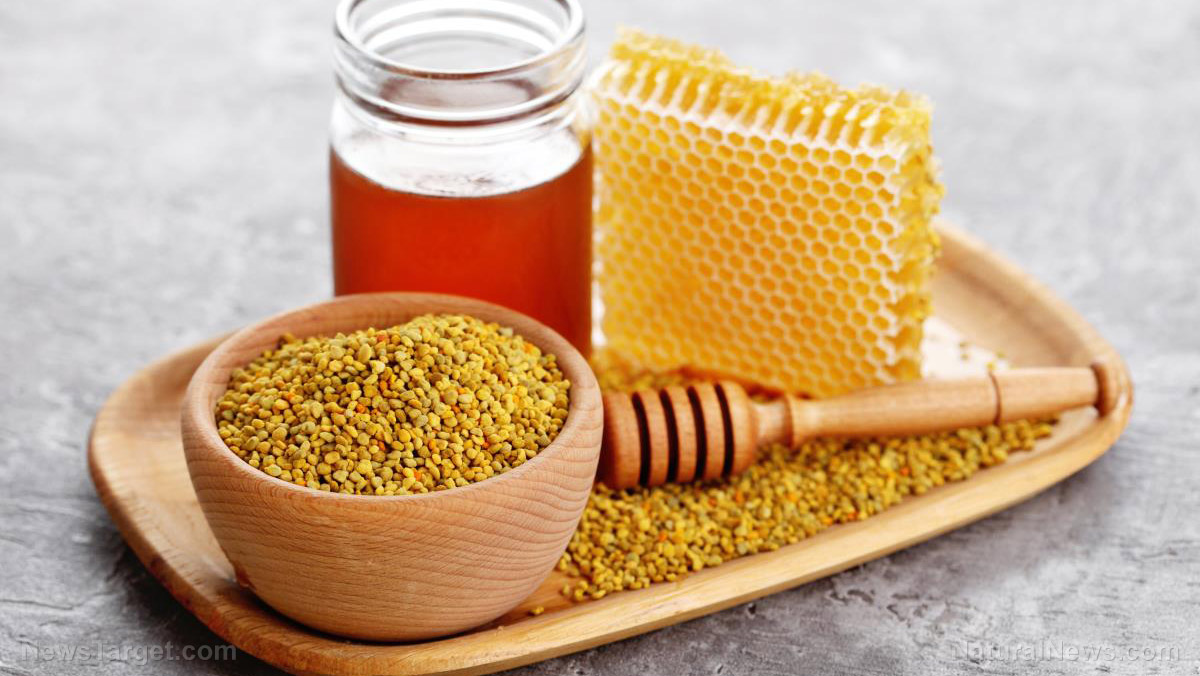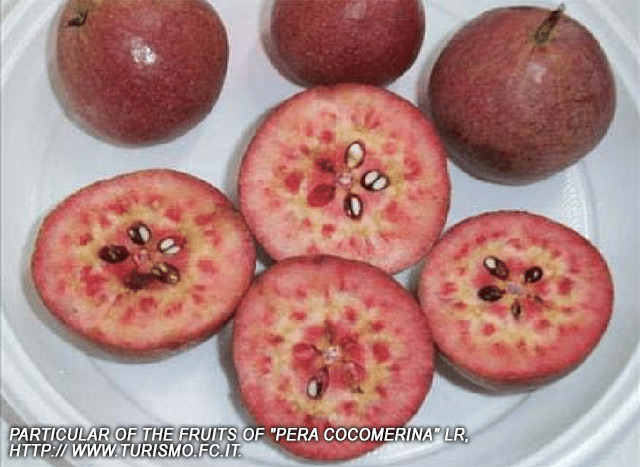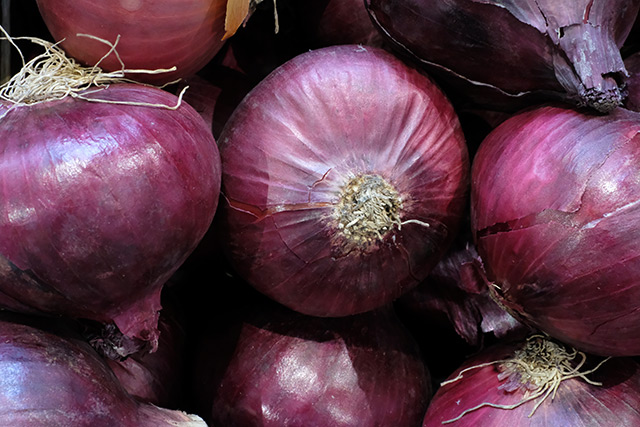Pomegranates have well over a hundred health benefits – are you aware of at least 2 of them?
10/04/2018 / By Isabelle Z.

Pomegranates aren’t quite as ubiquitous as apples or bananas (when is the last time you saw someone snacking on one while out and about?) but they’re one of the healthiest fruits you can eat. That should come as no surprise given their rich, ruby-red color, but did you know that pomegranates have more than 100 health benefits? Here’s a look at just a few of them.
Anti-cancer effects
With cancer impacting so many lives these days, it’s hard not to get excited about anything natural that shows some promise in addressing it – and pomegranates certainly fit the bill.
According to GreenMedInfo, one of the biggest reasons that conventional cancer treatment is so woefully ineffective is because it largely ignores the cancer stem cell hypothesis. This is based on the idea that a small group of cancer cells known as cancer stem cells are behind tumor production, and these cells resist conventional radiation and chemotherapy. Not only that, but they can actually enrich the stem cells, essentially making cancer worse.
Pomegranate, however, has been shown in studies to inhibit and even destroy some types of cancer, including pancreatic cancer, colon cancer, prostate cancer, and breast cancer. It’s believed to be so effective because it targets these stem cells, but there is a marked lack of studies into most natural compounds’ abilities to kill cancer stem cells.
There is one study, however, published in 2010, that found that pomegranate compounds can target and destroy cancer stem cells in mammary cancer, which is a feat that conventional cancer treatment simply can’t pull off.
Heart health
Pomegranates are also good for heart health, with a 2013 study finding that consuming 150 milliliters of the juice daily for just two weeks lowered blood pressure in those with hypertension; it’s also been shown to boost blood flow to the heart in those with heart disease.
Memory booster
Pomegranates are also being explored for their impact on cognitive function, with studies showing a connection between daily pomegranate juice consumption and verbal and visual task improvements in those with mild age-related memory complaints. It has also been shown to reap cognitive benefits in mice, but more studies are needed to confirm the connection.
Anti-inflammatory effects
Research has shown that pomegranate can help fight gut inflammation, and the punicic acid found in pomegranate seed oil has also been shown to have an anti-inflammatory effect on breast cancer cells. Another small trial found that it brought down inflammation in patients with type 2 diabetes.
Athletic performance enhancement
Pomegranates are incredibly rich in antioxidants, and this is beneficial to sports performance. A study published by the Journal of Nutrition and Metabolism, for example, noted improvements in aerobic performance and endurance among athletes after consuming the juice for just 15 days. It has also been found to improve performance within half an hour of ingestion in sports that entail intermittent running.
If you want to enjoy the many gifts that this fruit bestows, look for fruits with shiny, unblemished skin. Those that feel heavy for their size tend to be the juiciest. You can eat them raw or juiced, but like most fruits, consuming the whole fruit is more beneficial than the juice alone.
Rich in nutrients like vitamin A, vitamin C, some B vitamins, and fiber, along with minerals like iron, potassium and calcium, pomegranates are one of the healthiest foods you can eat. They’re also surprisingly easy to grow, so consider planting some so you’ll have a steady source of organic pomegranates to enjoy throughout the year.
Sources for this article include:
Tagged Under: anti-inflammatory, antioxidants, cancer, fight cancer, food is medicine, grow your medicine, nutrients, Pomegranates, prevention


















